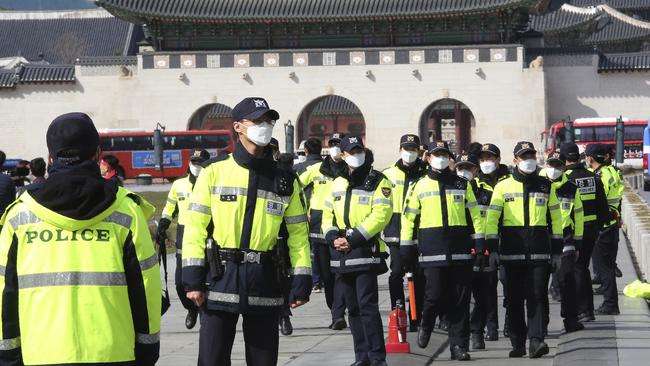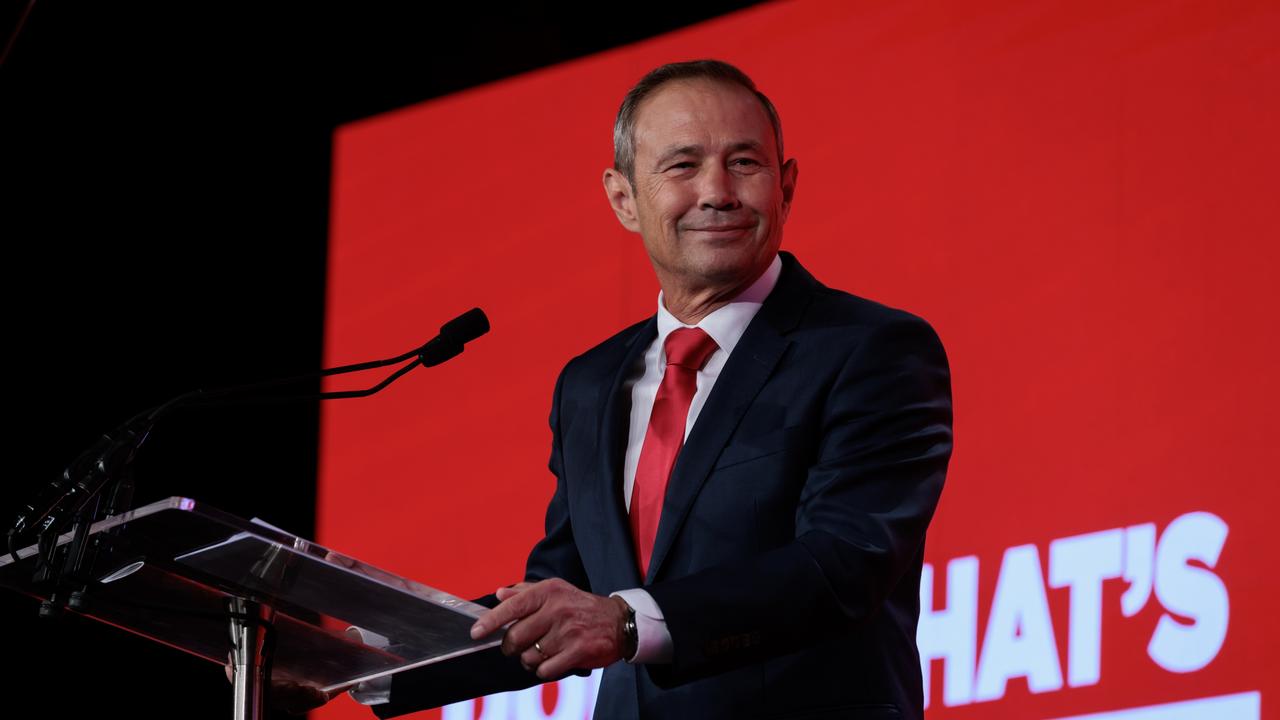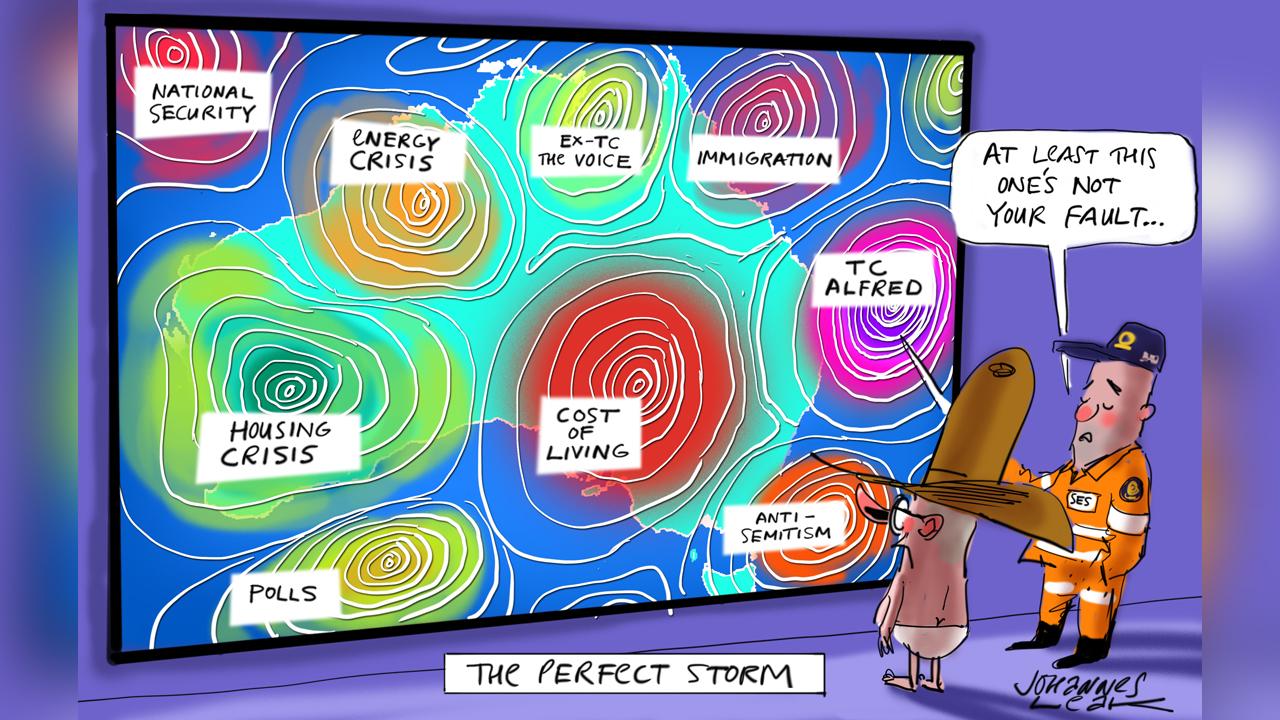Coronavirus: Sacrificing privacy with tracking device ‘is worth it’
Legal and privacy advocates say they’re open to South Korean-style tracking of coronavirus patients.

Legal and privacy advocates say they’re open to South Korean-style tracking of coronavirus patients, which has helped the country successfully “flatten the curve” of COVID-19 infections.
South Korean ambassador to Australia Baeksoon Lee said his country’s citizens had willingly sacrificed personal privacy to fight the virus, accepting real-time GPS tracking of positive cases by the government and the public.
Mobile phone location data is used by the country’s health authorities to undertake extensive contact tracing of COVID-19 cases, and has been made available for smartphone apps that sound a warning in the vicinity of an infected person or a high-risk location.
Mr Lee said the tracking system had been a key plank in the nation’s coronavirus fight, along with extensive coronavirus testing and South Koreans’ strong sense of social responsibility.
“We shared that information with the public so the public could know where that person is located and where he had been,” Mr Lee said. “They accepted it because they believed it was necessary for public health.”
The apps do not provide the names of those who test positive, only their locations.
Mr Lee said the “proactive and transparent” approach had enabled officials to “track down all patients, one by one, where they are visited and whom they have contacted”.
“We have identified those people, and taken very proactive tests for each of them.
“Every day we conduct 20,000 tests,” he said.
Australian Law Council president Pauline Wright said the sweeping provisions of Australia’s Biosecurity Act would allow a similar system to be introduced by the federal government. Any such measures would have to be implemented carefully, and include appropriate sunset measures.
“Extraordinary times call for extraordinary measures,” Ms Wright said. “I think the safety of Australians is foremost in people’s minds at the moment and our liberties can be protected by ensuring that those sorts of measures last only during the crisis.”
The Australian Privacy Foundation said it would also be open to such a system if it included appropriate safeguards.
“You wouldn’t say privacy takes precedence over the health of the country,” health committee chairman Bernard Robertson-Dunn said.
“Privacy is a trade-off. If you get significant benefits, then you are not overly worried about privacy. So if you are in an ambulance, you don’t care if they look at your health records because the value of risking your privacy outweighs the risk to privacy.”
South Korea is the only country other than China to have successfully “flattened” the coronavirus curve, but unlike China it has done it without extensive mandatory lockdowns. “We cannot say yet we have been successful in containing it but we are trying very hard,” Mr Lee said.
South Koreans typically had a high level of concern for health and safety issues, and were committed to supporting the community effort to fight the virus.
This was reflected in their almost universal use of face masks as a matter of personal etiquette.
“In Korea, people stood in a long queue to buy face masks. Australia was a little different — people stand in a long queue to buy food and water and even toilet paper,” Mr Lee said.




To join the conversation, please log in. Don't have an account? Register
Join the conversation, you are commenting as Logout